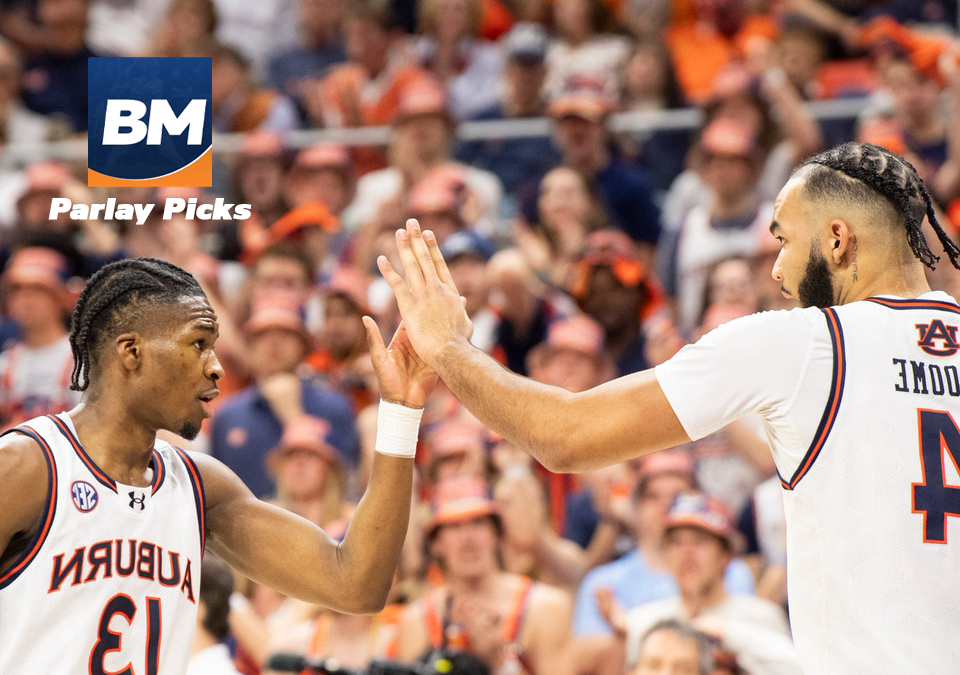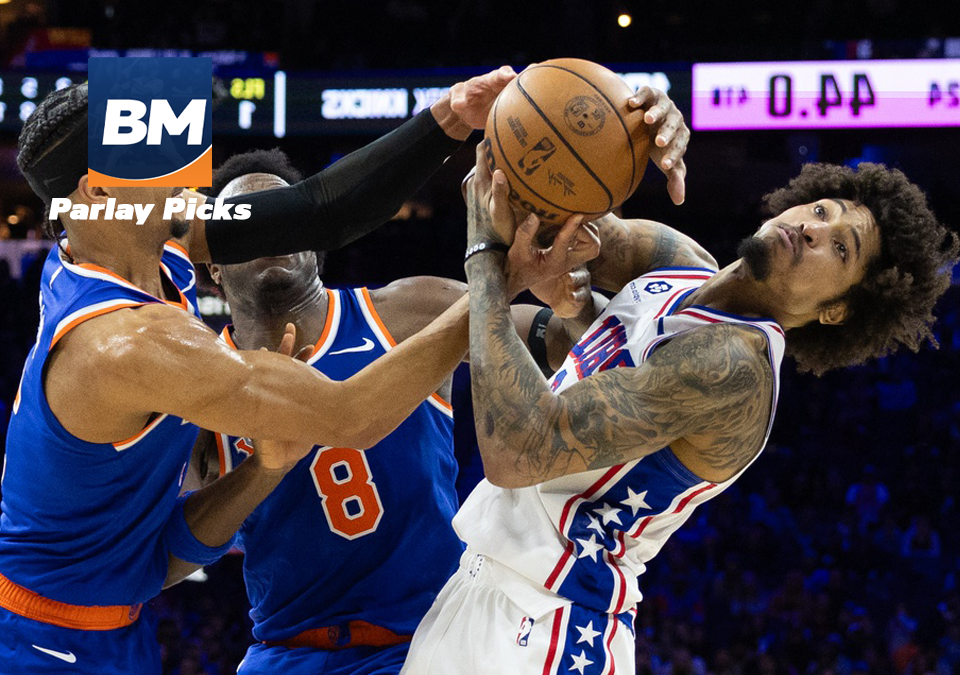By Betmaker Team
College football stands apart from all other major sports in North America. Unlike the rest of the major sports, which have marginally meaningful regular seasons, college football has a regular season that stands apart as the best in sports. Offsetting that is the fact that college football’s postseason is an abomination. It is far and away the worst postseason of any major sport. Worse yet, from a fan’s perspective, that is not going to be changing any time soon. But from a gambler’s perspective, it doesn’t matter at all. Bowl games mean college football wagering action and the potential for profits. Handicapping the bowl games means probing for and exploiting potential advantages. Today we’ll examine the bowl landscape and the most important handicapping factors to consider.
40 Bowl Games on the Board in “Normal’ Times
The last College football season not affected by the pandemic was in 2019. That year there were a total of 40 bowl games. Should the pandemic be under control in 2021, the total number of bowl games should be roughly the same. The reason why there are so many bowl games is television. ESPN, who televises the vast majority of the bowl matchups, needs live game content. College football bowl games address that programming need for the self-professed “World Wide Leader.”
New Year’s Six Bowl Games and the College Football Playoff
There are two main types of bowl games. The New Year’s Six are the most significant, best known, and most historically traditional bowl games. The New Year’s Six bowl games include the Cotton Bowl Classic, Peach Bowl, Rose Bowl, Sugar Bowl, Orange Bowl, and Fiesta Bowl. A seventh game, the National Championship game, is played at one of the New Year’s Six bowl venues. For example, in the 2020 season, the National Championship Game was played at the Orange Bowl venue, Hard Rock Stadium in Miami Gardens, Florida.
The best teams in college football compete in the New Year’s Six Bowl games. Most of these bowl games have conference tie-ins too. For example, the champions of the Big Ten and Pac-12 Conferences traditionally meet in the Rose Bowl. However, the College Football Playoff rotation will occasionally throw a wrench into those tie-ins.
The College Football Playoff will rotate its two national semifinal games each year between the New Year’s Six Bowl games. In 2020 the Rose Bowl and the Sugar Bowl were used for the CFP semifinal games. Thus, the conference tie-ins to those bowl games were suspended for one year, with the teams usually slated for those venues assigned elsewhere.
Non-New Year’s Six Bowl Games
The rest of the bowl games, not part of the New Year’s Six, will take the lesser teams and conferences. Some of these bowl games are highly entertaining and will still include name-brand schools that may have had a comparatively down season.
For example, the 2020 Outback Bowl featured the Alabama Crimson Tide and Michigan Wolverines, two also-ran teams from the 2019 season. Despite the fact that both teams had nothing but pride on the line, the Outback Bowl enjoyed high TV ratings and a significant betting handle. That is a classic example of how a non-New Years Six Bowl game can still matter to TV and Sportsbook “suits.”
The earlier non-New Year’s Six bowl games will include teams from what is known as Group of Five conferences. These leagues include the American Athletic, Mid-American, Sun Belt, and Mountain West Conferences.
The Question of Motivation
The most significant handicapping factor to consider for the bowl games is motivation. Often in the non-New Year’s Six Bowl games, you will get matchups of a lesser-known school thrilled to be in the postseason against a better-known team. On the other hand, that name brand program may lack motivation because their season didn’t turn out as hoped and that they had to settle for a lesser bowl game. That better-known school is usually the favorite in their bowl game because they are the bigger brand. Meanwhile, the more motivated school is the underdog despite being able to bring the more tremendous effort.
An excellent example of bowl motivation was when Northwestern beat Auburn in the 2021 Citrus Bowl 35-19. Auburn was the vastly more talented team but had a disappointing season. Coach Gus Malzahn was fired, and interim coach Kevin Steele took his place for the Citrus Bowl. The Tigers lacked fire and desire and paid the price.






